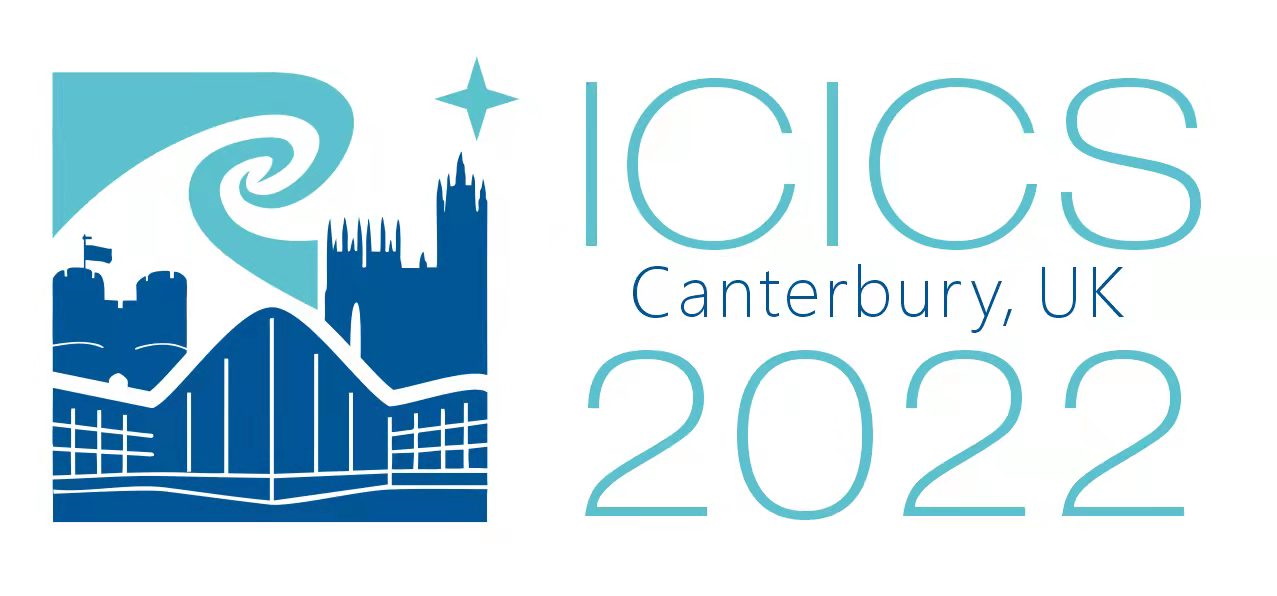Call for Posters and Demonstrations of "Already Published Work"
Authors are invited to submit their "Already Published Research" contributions in the form of short "Extended Abstracts" that are going to be presented as posters or demonstrations (demos) at the conference.
"Poster" presentations are based on already published work with the aim of presenting to the conference attendees for additional visibility and collaboration.
"Demo" presentations can demonstrate an artifact that is based on, relevant to, or extension of already published work.
Submissions will go through a light review process to establish relevance to conference topics and interest to conference attendees. Accepted contributions will be presented at the conference in the posters and demos session, but will not be included in the formal conference proceedings. Please note that at least one author of each accepted contribution should register to the conference and present.
Submissions should be in English, as a PDF file with all fonts embedded, in the Springer LNCS format (see http://www.springer.com/computer/lncs?SGWID=0-164-6-793341-0 for more details), typeset with 10pt font, and using reasonable spacing and margins. Papers should not exceed 2 pages in LNCS style including the bibliography. Please include "(Poster)" or "(Demo)" at the end of the title for your submission to indicate the type of presentation you would like to give in the session.
For "Poster" submissions, please include a brief summary of the already published work with a link/reference to the original publication. Alternatively, if you have a prepared poster, you can upload that as your submission – please still include a link/reference to the original publication.
For "Demo" submissions, please include a brief summary of the already published work with a link/reference to the original publication and explain how the artifact is relevant to or extends the work.
Note that all authors of regular papers accepted to the conference will be offered to present a demo as well.
Call for Authors of Accepted Papers
Authors who have a paper accepted to the Conference are also welcome to submit an additional demo or poster proposal to maximise their work's exposure at the Conference. For authors who are interested in competing for the Best Artefact Award, it is required that they submit a demo proposal so they can demonstrate the artefact to a number of evaluators.
Awards
There will be two awards to be given as part of the posters and demos session: a Best Poster Award and a Best Demo Award.
Recipients of the awards will receive a certificate from the conference and a cash award sponsored by the Institute of Cyber Security for Society (iCSS), University of Kent.
All posters and demos (from authors of accepted papers and presenters of "already published work") are equally eligible for the Best Poster Award and Best Demo Award. Therefore, authors of accepted papers who submit a demo proposal can in principle receive two awards: the Best Artefact Award and the Best Demo Award. The three awards will be judged separately following different criteria.
Update on 8th September 2022: The winenrs of the Best Poster and Best Demo Awards have been announced on this page.
How to Submit
Submissions will be handled on the EasyChair platform. Please submit your contribution via the following link: https://easychair.org/conferences/?conf=icics2022posterdemo
The submission deadline and the date of author notifications can be seen on the list of important dates shown in the side bar.
Reduced Registration Fee
For those who will attend the Conference to present a poster or do a demo only on the day when the poster/demo session will take place, a significantly redued registration fee (£100) will be applied. Note that students can attend the Conference virtually for free.
Topics of Interest
Topics of particular interest include, but are not limited to:
- Access control and authorization
- AI-based security and privacy
- Anonymity
- Applied cryptography
- Threat scenarios, attack models and security analysis
- Attestation
- Authentication
- Biometrics security and privacy
- Blockchain and cryptocurrencies
- Cloud computing and virtualization security
- Cybercrime and online harms
- Cyber deception and fraud
- Cyber incident response and recovery
- Critical infrastructure protection
- Cyber physical systems security
- Cyber resilience
- Cyber security education, games and awareness
- Cyber threat intelligence
- Data security and privacy
- Digital forensics
- Digital rights management
- Digital watermarking
- Distributed systems security
- Economics of security and privacy
- Edge and fog computing security
- Embedded systems security
- Emergency response and recovery
- Hardware security
- Identity management
- Information security management
- Internet censorship and defence
- Intrusion detection and prevention
- Malware and unwanted software
- Misinformation, disinformation and fake news
- Mobile security and privacy
- Online safety and child protection
- Online social media security, privacy and trust
- Operating systems security
- Network security
- Privacy enhancing technologies and mechanisms
- Security of communication protocols
- Secure information flow
- Security and privacy for (Industrial) Internet of Things
- Security and privacy of AI (e.g., adversarial AI and federated learning)
- Security and privacy metrics and policies
- Security operations and incident management
- Security visualization
- Secure systems design and architectures
- Side channel attacks
- Software and application security
- Steganography and steganalysis
- Trusted computing
- Trust management and reputation
- Usable security and privacy
- Web security and privacy






